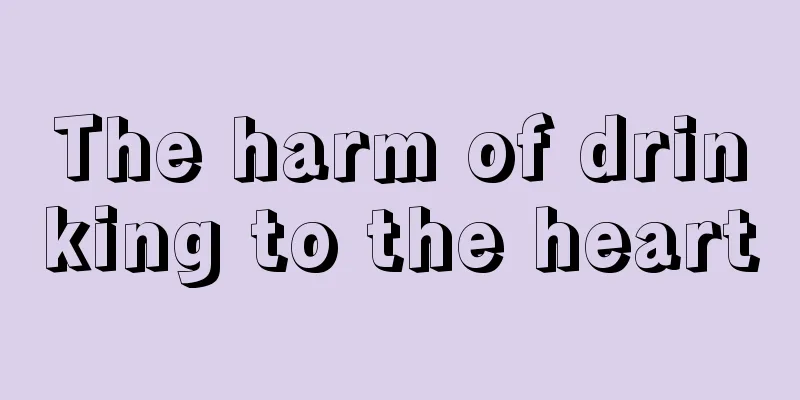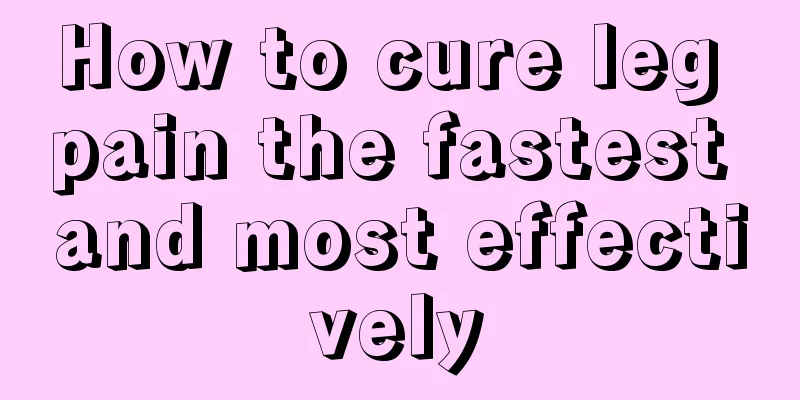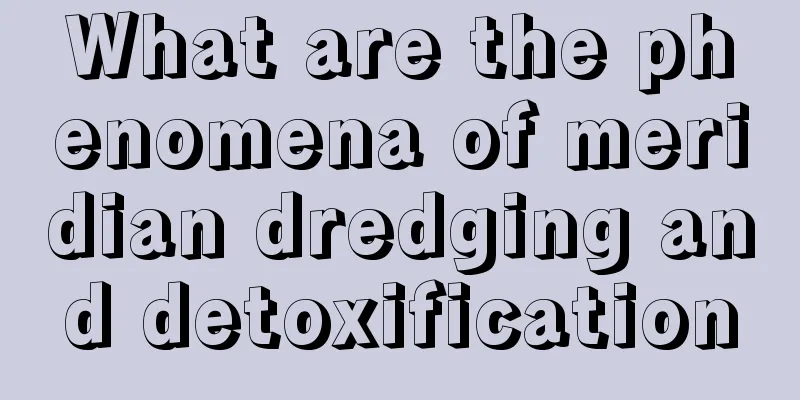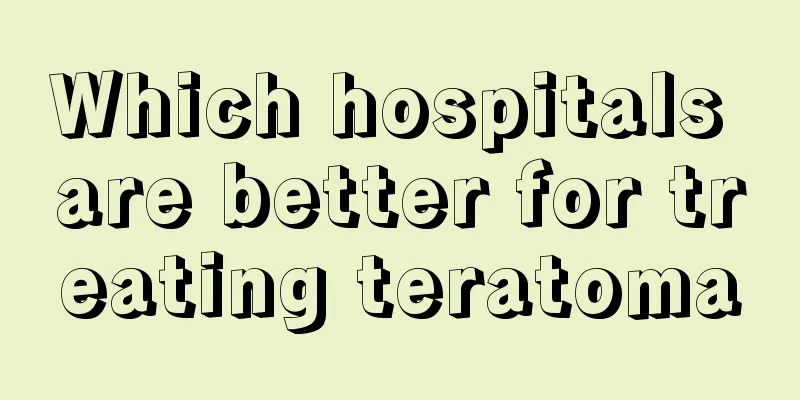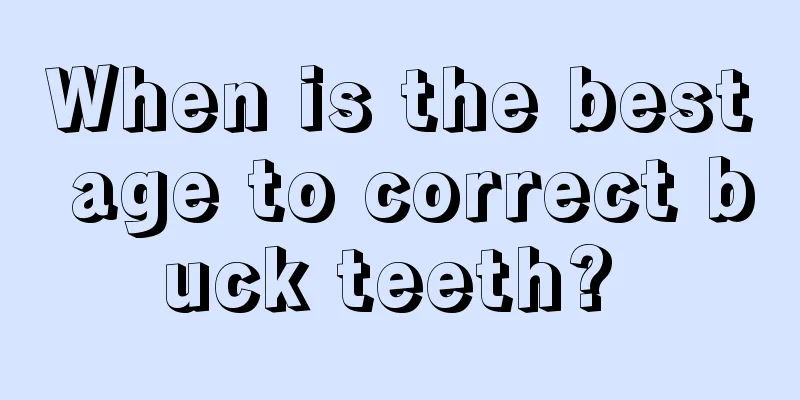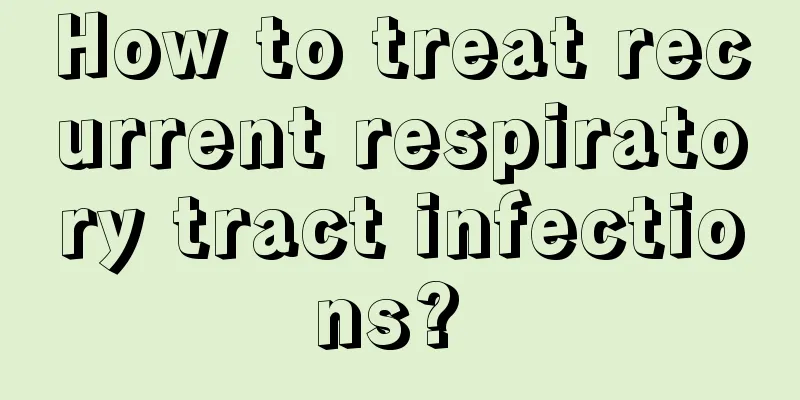What are the treatment principles for glioma
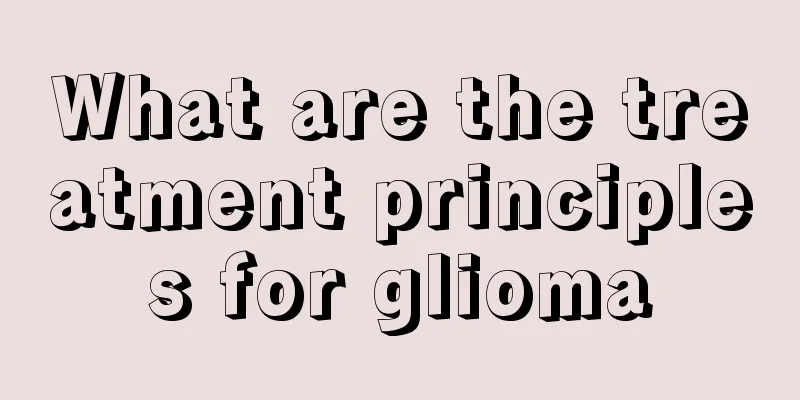
|
Glioma is a brain tumor disease that threatens human health. Patients with this disease should achieve early detection and early treatment, and control the disease in the best period, so that it is possible to recover. So what are the treatment principles for glioma? In addition to early prevention and treatment, what else is there? Let me tell you below. The treatment principle of glioma is that due to its malignant tendency, no single treatment mode can achieve good results. At present, the treatment of glioma is mainly based on comprehensive treatment, including surgery, radiotherapy, chemotherapy, targeted therapy, and biological immunotherapy. The treatment of glioma is personalized because the location, size, pathological type of each patient's tumor is different, the evolution of the disease, and the tolerance and sensitivity to radiotherapy and chemotherapy are different. Therefore, a personalized treatment plan must be tailored to each person's specific plan. Treating everyone the same is a mess. The following are some basic principles of treatment for glioma: Grade I: After surgical resection, observation is recommended and the disease can theoretically be cured. Level II: There is no definitive standard of care at present, and a conclusion can only be drawn after risk factors are evaluated after surgical resection. 1. Whether the age is over 40 years old; 2. Whether the tumor diameter is greater than 6 cm; 3. Whether the tumor has infiltrated across the midline; 4. Pathological type (few branches? star-shaped? few branches and star-shaped? few branches means good prognosis); 5. Whether there is neurological deficit; If there are less than 2 risk factors, it is considered a low-risk group and observation is the main approach, with follow-up treatment only after the tumor progresses; If there are more than 2 risk factors, the patient is classified as a high-risk group and can receive radiotherapy, chemotherapy, or observation. Immediate postoperative radiotherapy is recommended for elderly high-risk patients. Grade III: Concurrent chemoradiotherapy should be done. Although there is no definitive conclusion yet, it is recommended due to its relatively high malignancy and high recurrence rate. Whether to do subsequent 6 cycles of adjuvant chemotherapy depends on the biological behavior of the tumor, whether there is residual tumor, and imaging manifestations. If there is rosette enhancement or central necrotic cystic change, it is recommended to do subsequent 6 cycles of adjuvant chemotherapy. In addition, some grade III (AA, AO, AOA) may be grade IV. Grade IV: Glioblastoma multiforme, GBM, synchronous chemoradiotherapy, + subsequent 6 cycles of adjuvant chemotherapy, preferably molecular targeted therapy, such as bevacizumab. |
<<: How to quickly treat glioma
>>: Traditional Chinese Medicine Treatment Methods for Glioma
Recommend
How to prevent kidney cancer metastasis
People are terrified of cancer. Under current med...
What are the complications caused by vitiligo
In today's context where appearance is import...
What medicine is more suitable for night sweats and frequent dreams?
Many people will have nightmares and night sweats...
Ranking of authoritative hospitals for glioma
Nowadays, with the rapid advancement of science a...
Can seedless grapes be eaten
Fruits are a common food in our lives, and nowada...
What are the causes of pancreatic cancer? How to prevent pancreatic cancer?
When it comes to pancreatic cancer, there must be...
Life tips: How to keep shrimp fresh
Method 1: Put 600g (1 jin) of dried fresh shrimp i...
Can I have sex after taking Chinese medicine enema
Everyone knows that there are many ways to treat ...
What are the symptoms of liver cancer? This symptom is a sign of liver cancer
Mr. Li, who has entered his prime, has been suffe...
What is the reason for stomach pain
If you feel symptoms of bloating and pain in your...
What is the success rate of finger grafting
With the rapid development of modern clinical med...
What are the benefits of maca for men
I believe that everyone has often heard of maca. ...
Do I need to fast for color Doppler ultrasound of the liver, gallbladder, spleen, pancreas and kidney?
The liver, gallbladder, spleen and pancreas are r...
How to remove acne marks faster
Many teenagers who are in puberty will develop ac...
What to do if white mud comes out on your face
Washing your face is one of the tasks that you mu...
